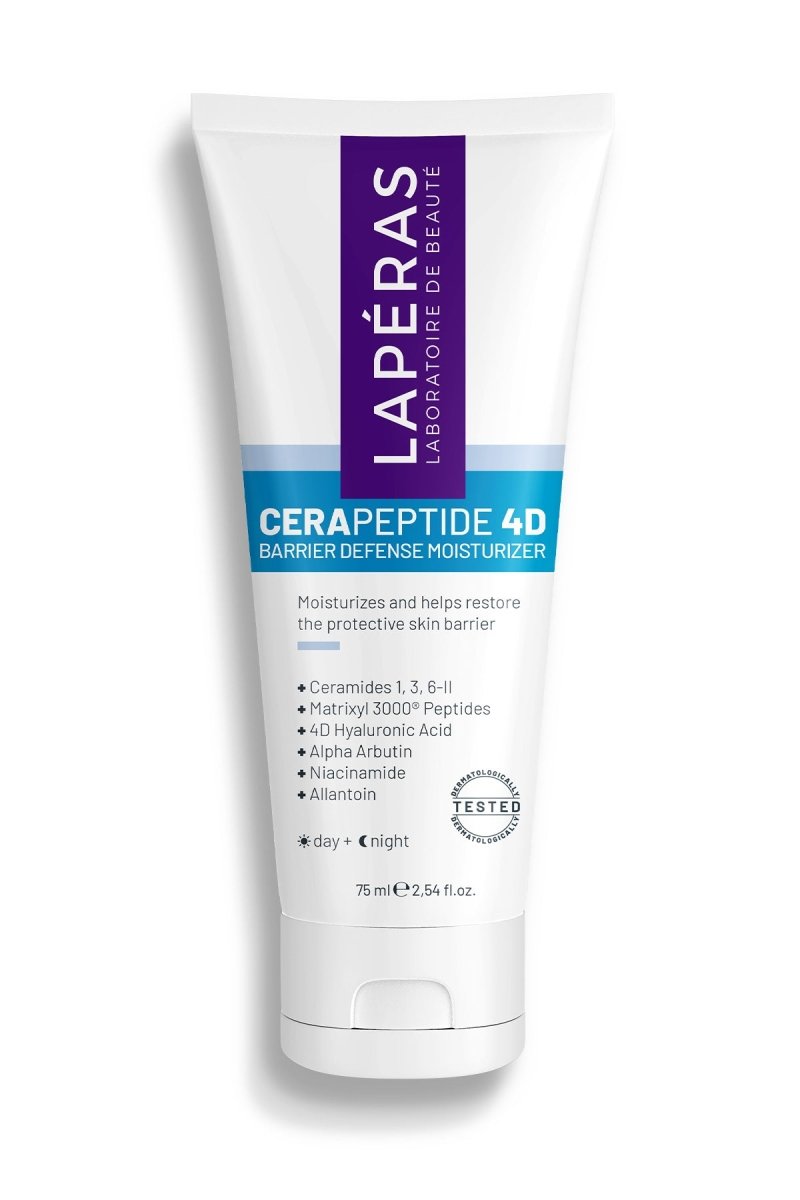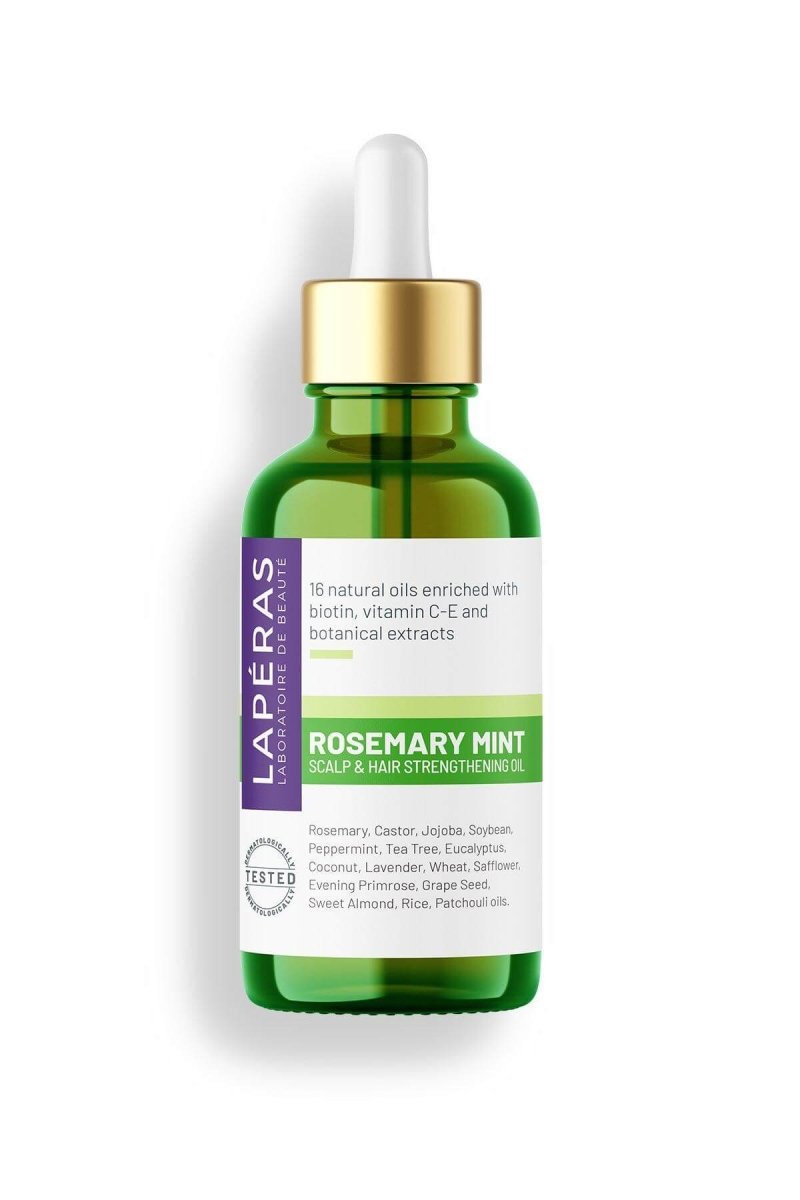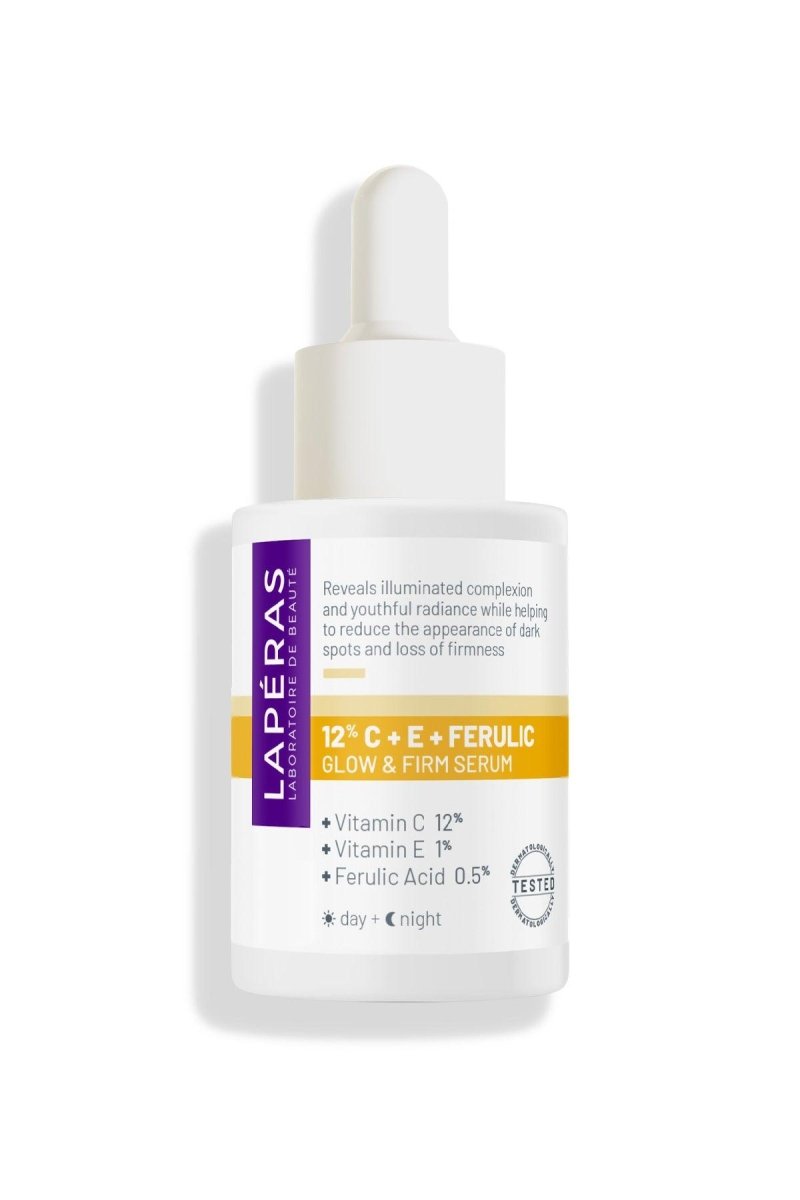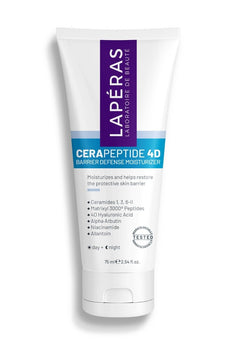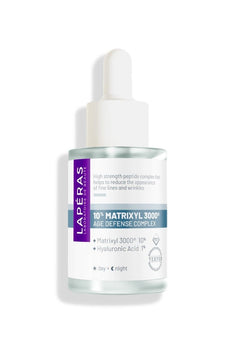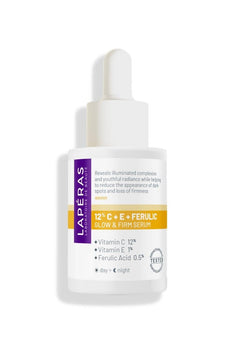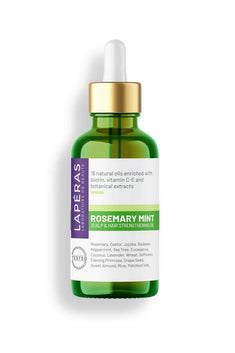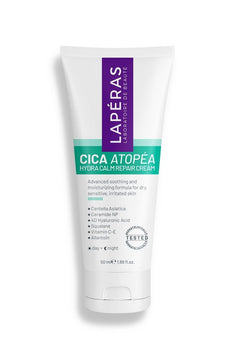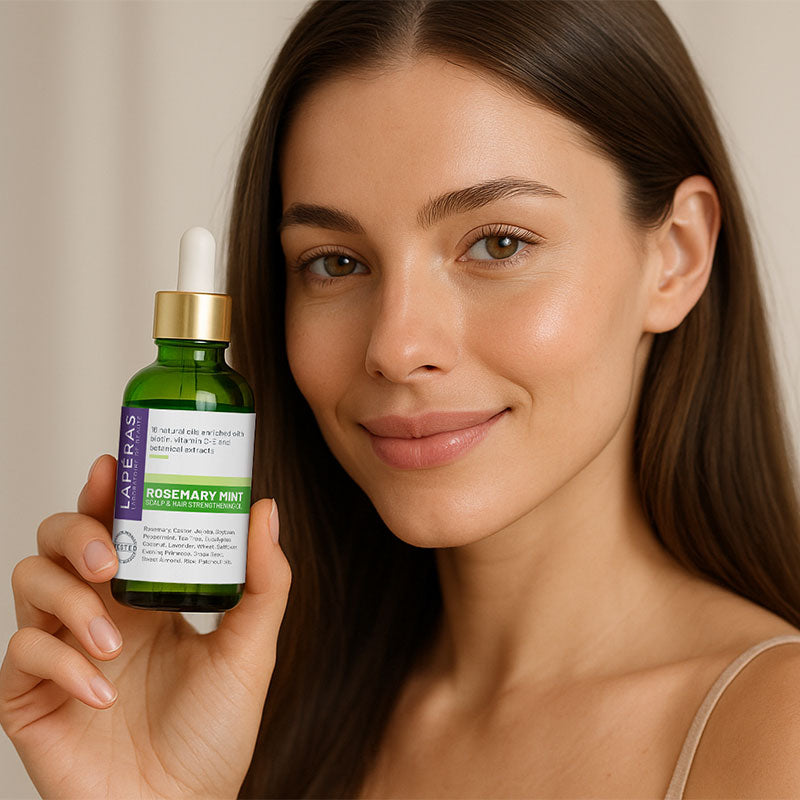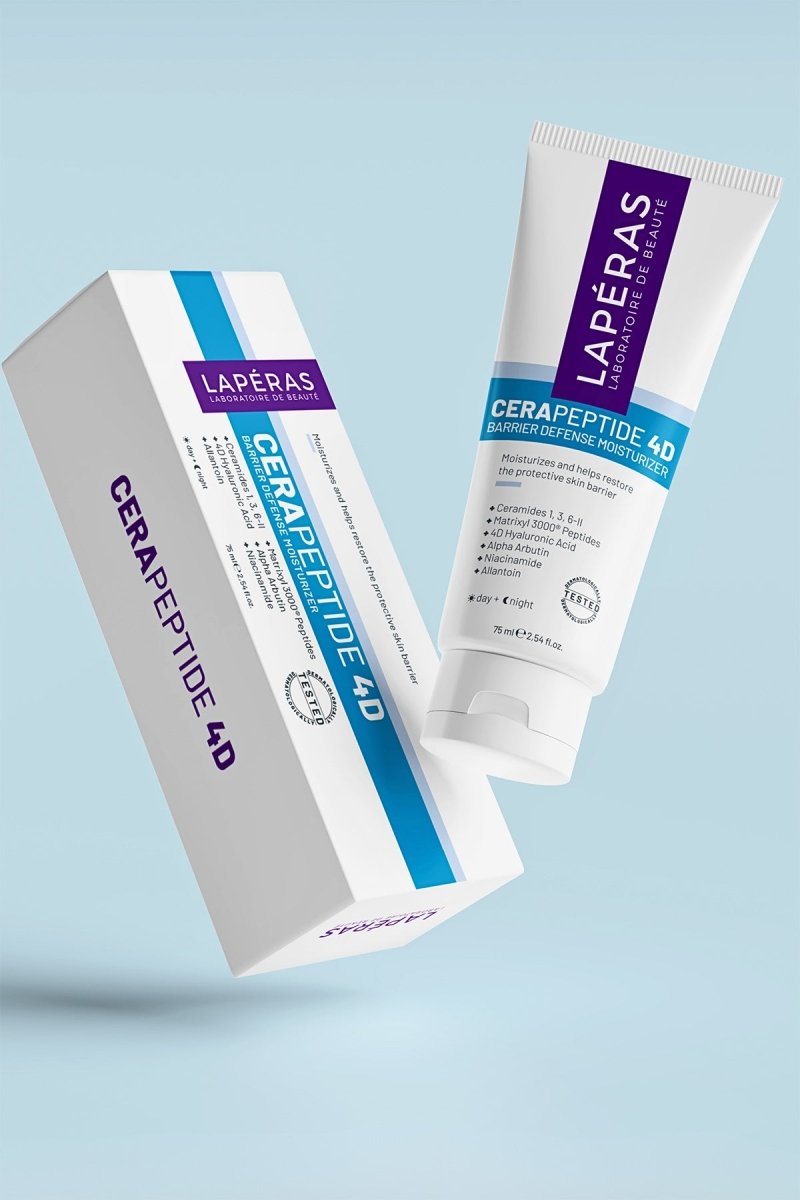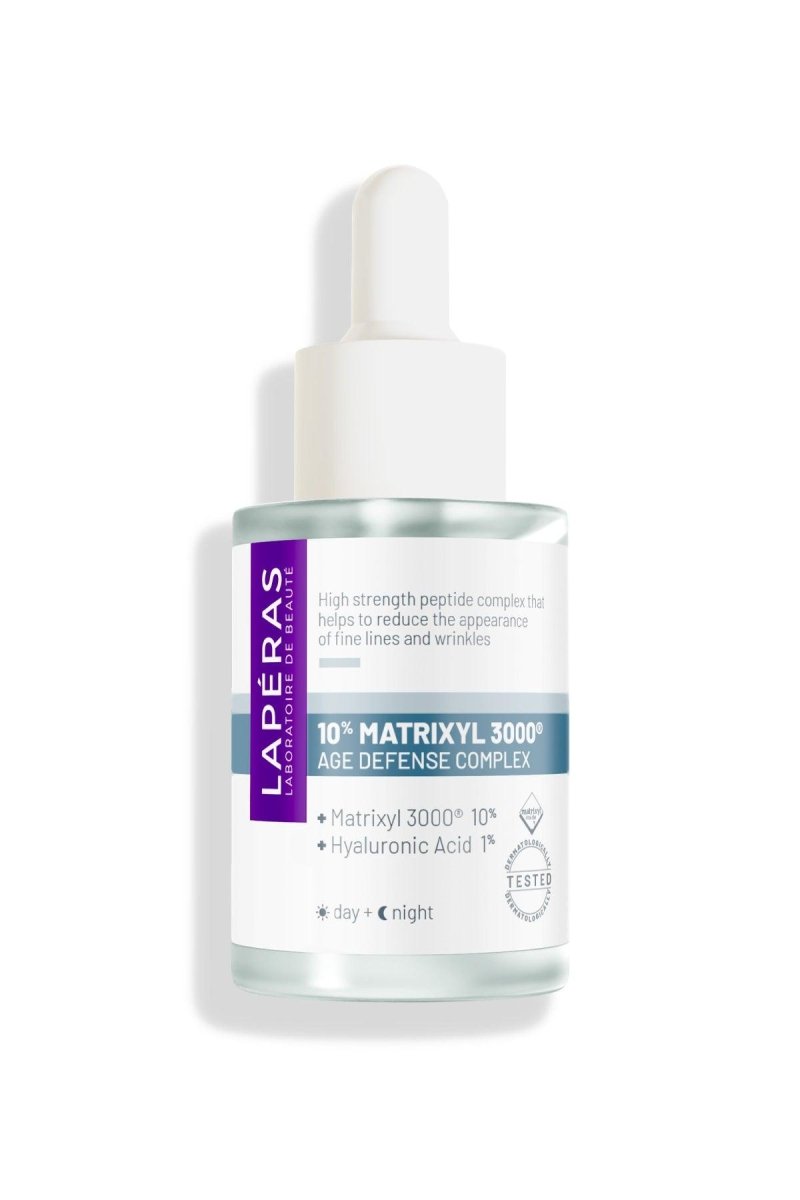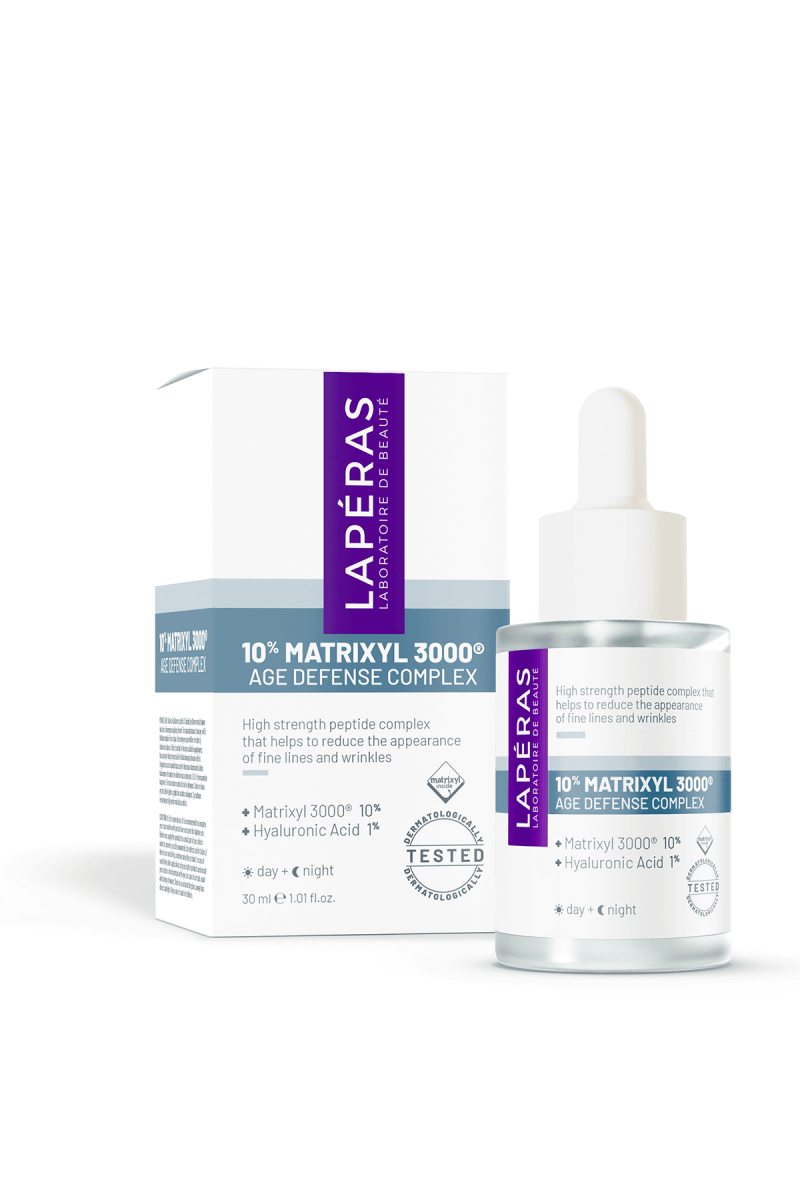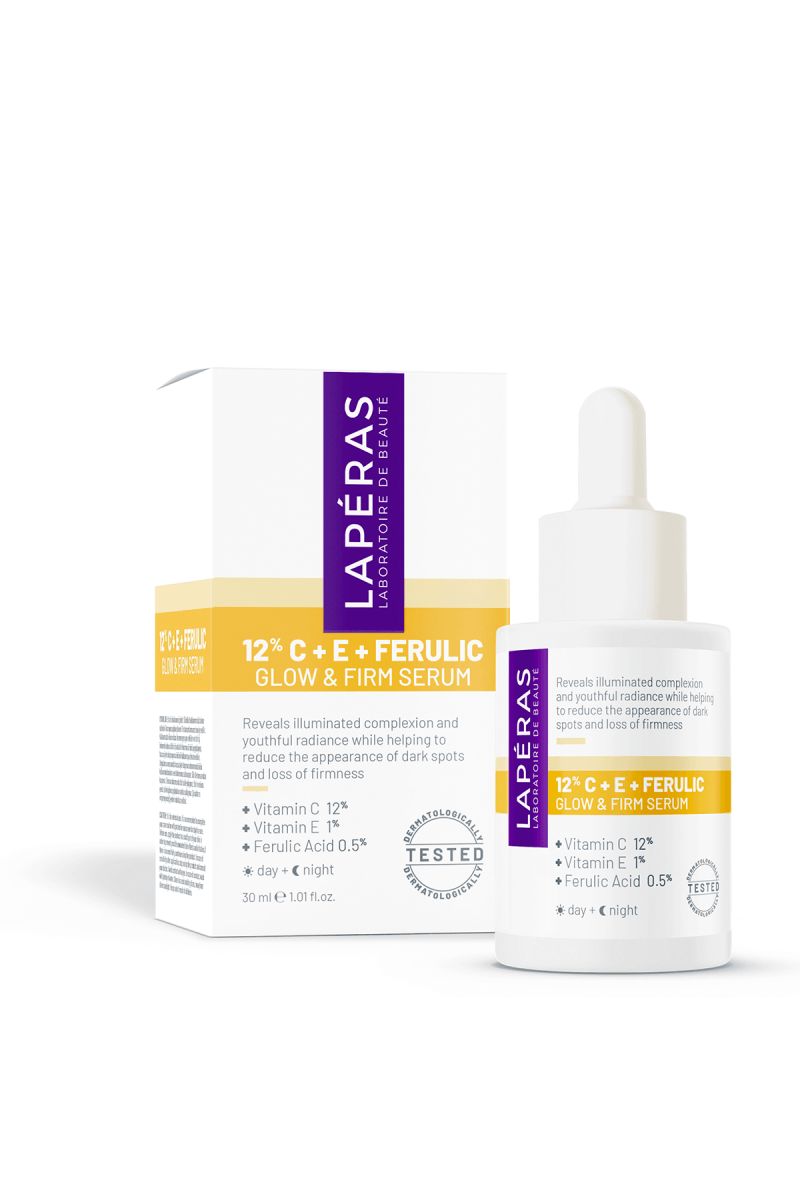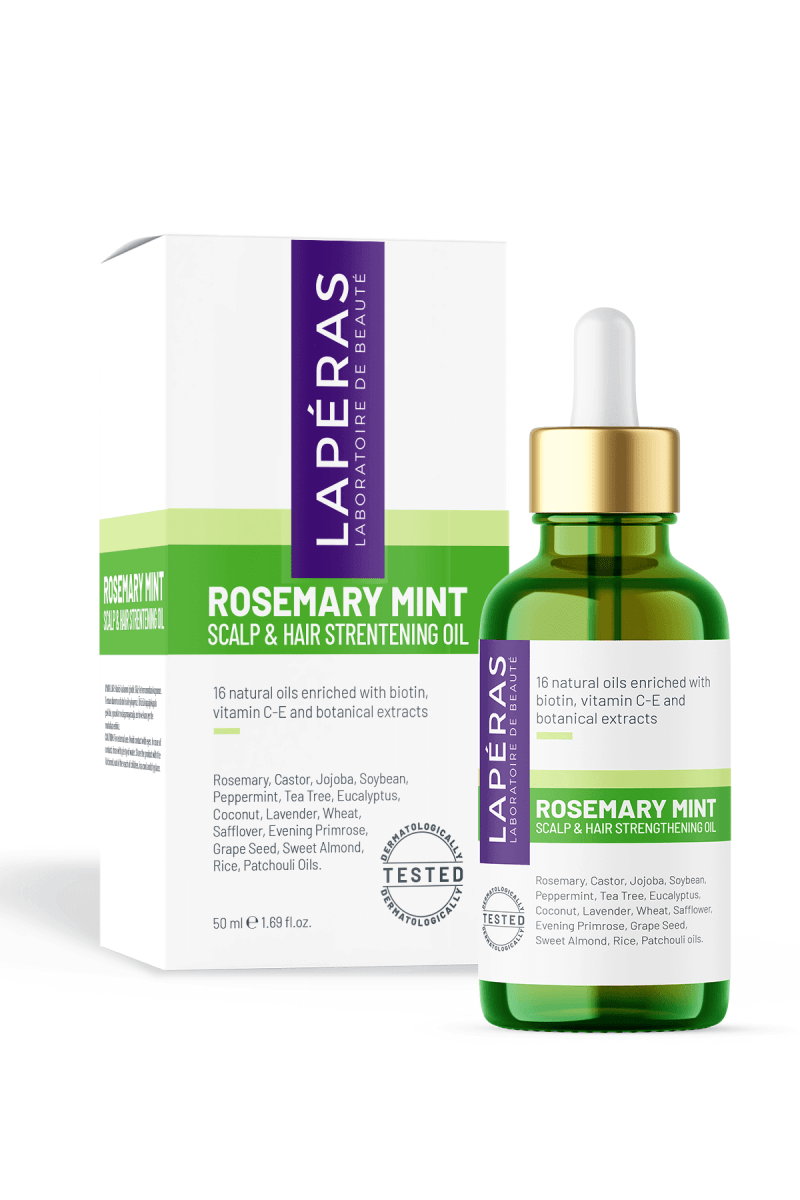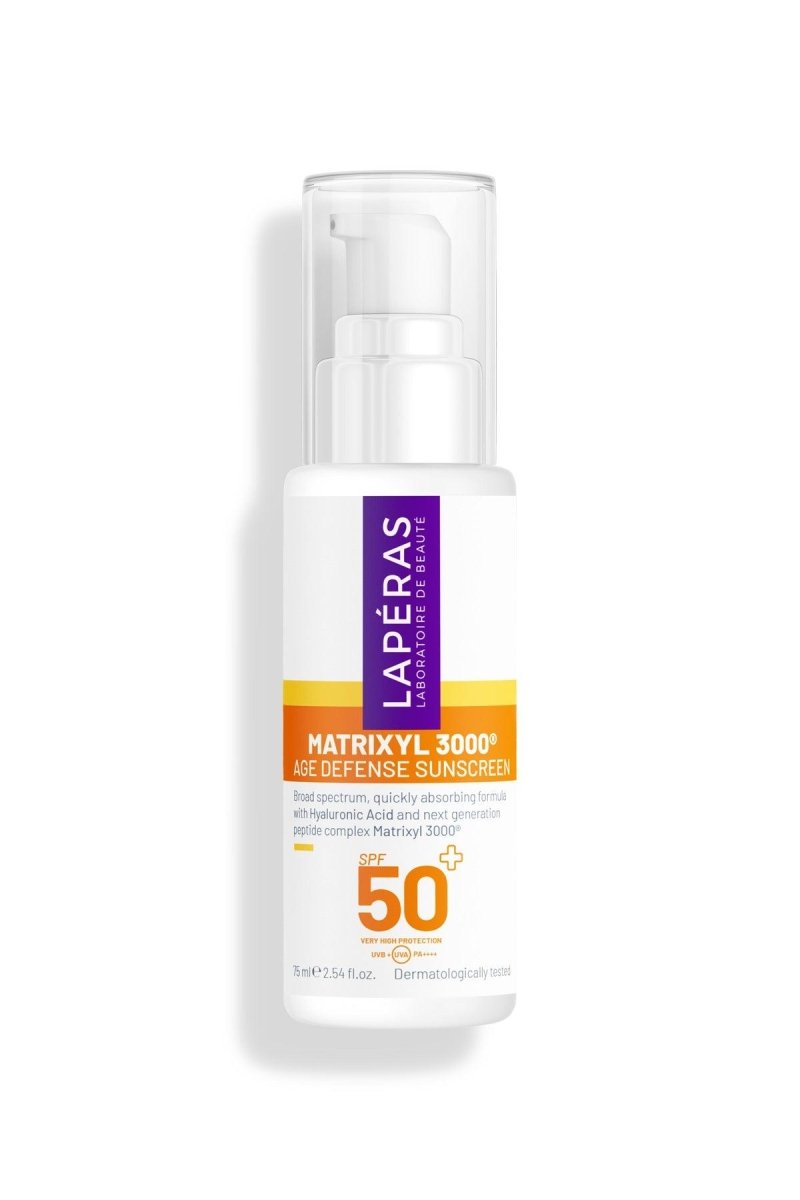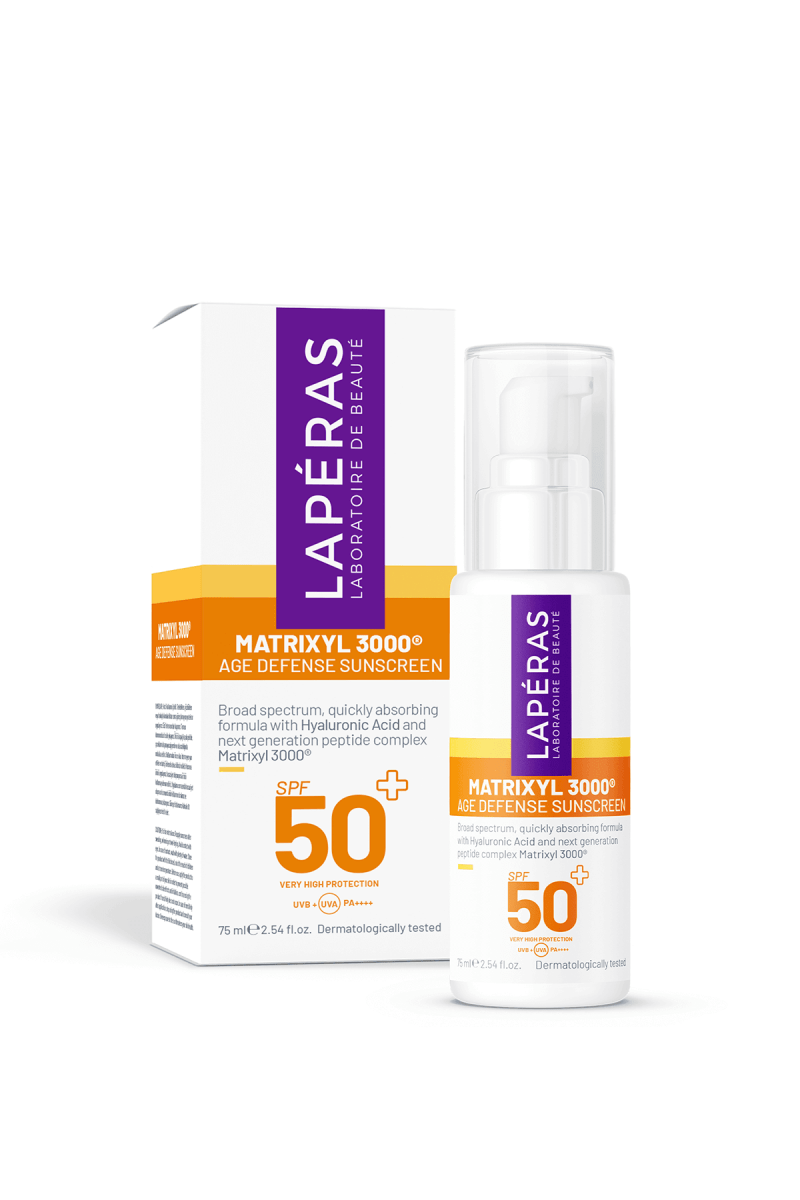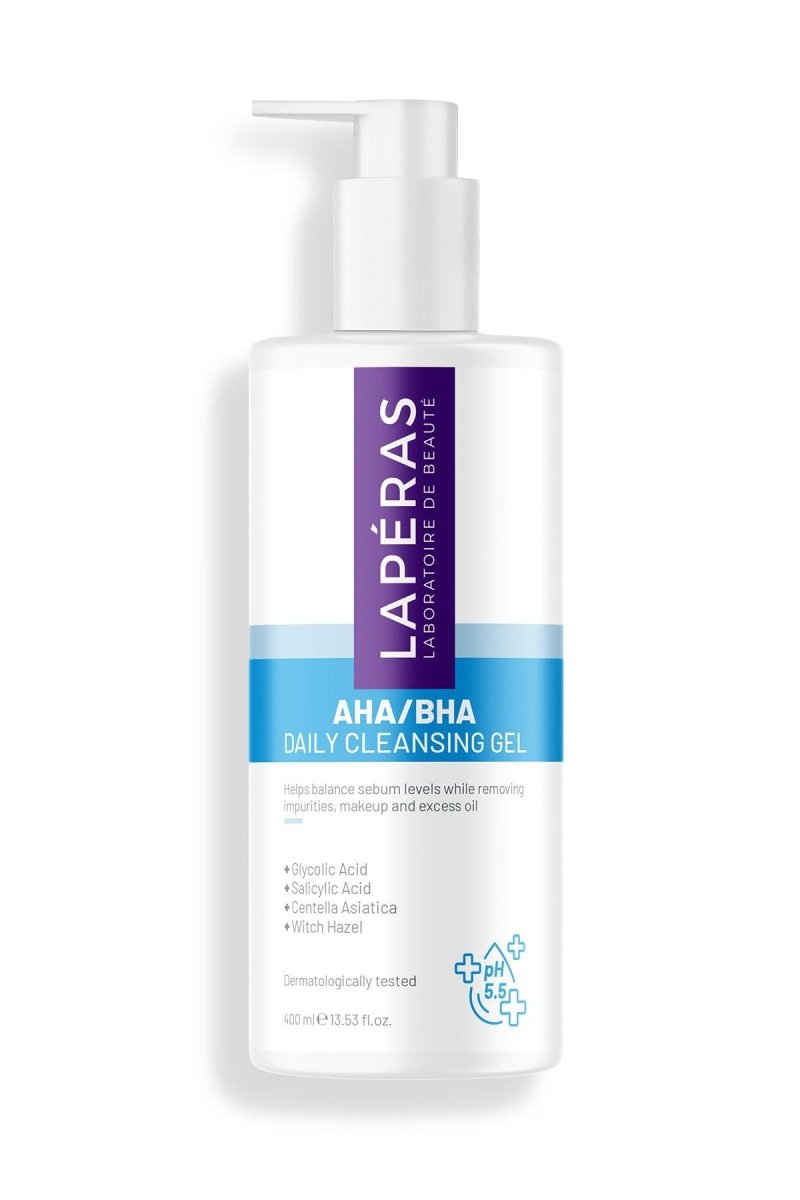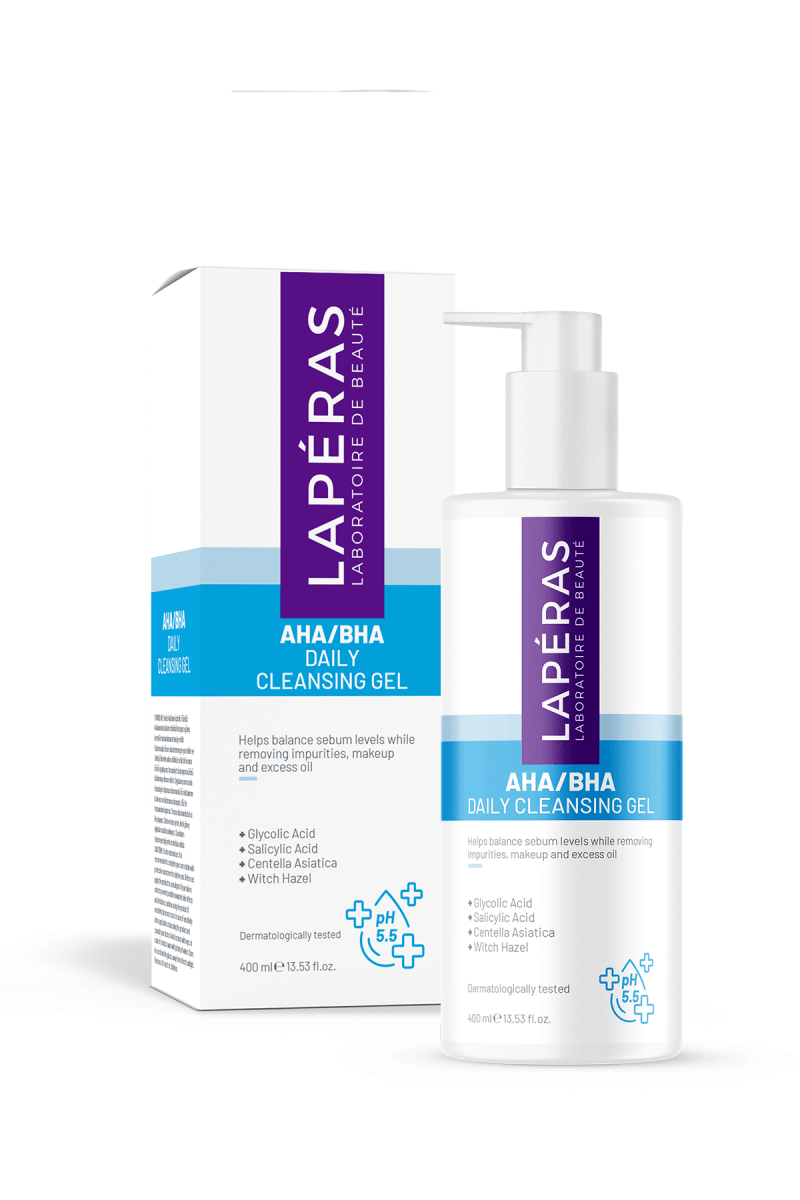What's the Difference Between Retinol and Retinal? | Which One is Effective in Skin Care?
The two most talked about ingredients among vitamin A derivatives , retinol and retinal , are indispensable components of anti-aging skin care routines. Both support cell renewal, reduce fine lines and even out skin tone. However, their effects, tolerance levels and conversion processes are different. In this article, we explain the differences between retinol and retinal on a scientific basis.
What is Retinol?
Retinol is the pure form of vitamin A and is one of the most commonly used topical retinoids. It must undergo two steps before it is converted into the active form, retinoic acid, in the skin: first retinal, then retinoic acid. This conversion process causes its effects to develop over time.
- Two-step conversion: Retinol → Retinal → Retinoic Acid
- Moderately effective
- It is recommended to start with low concentrations
What is Retinal (Retinaldehyde)?
Retinal is a vitamin A derivative that is just one step away from retinoic acid, making it much faster and more effective than retinol. Clinical studies have shown that retinal is highly effective in both fighting signs of aging and treating acne.
- One-step conversion: Retinal → Retinoic Acid
- Can work 10 times faster than Retinol
- High effectiveness with less risk of irritation
Key Differences Between Retinol and Retinal
| Feature | Retinol | Retinal |
|---|---|---|
| Transformation Step | 2 stage | 1 stage |
| Effectiveness | Middle | High |
| Irritation Potential | Middle | Less |
| Usage Advice | For beginners | Sensitive but demanding skin |
Which Vitamin A Derivative Is Right For You?
If your skin is new to retinoids, it’s a good idea to start with a lower-concentration retinol product, but if you’re looking for more effective results and have a strong skin barrier, products with retinal content may be preferable.
Conclusion
The differences between retinol and retinal are not only in terms of conversion speed, but also in terms of their effects and skin tolerance. When deciding which form to include in your skincare routine, you need to consider your skin type and goals.
Remember: It is essential to use a sunscreen with SPF during the day when using retinoids.
